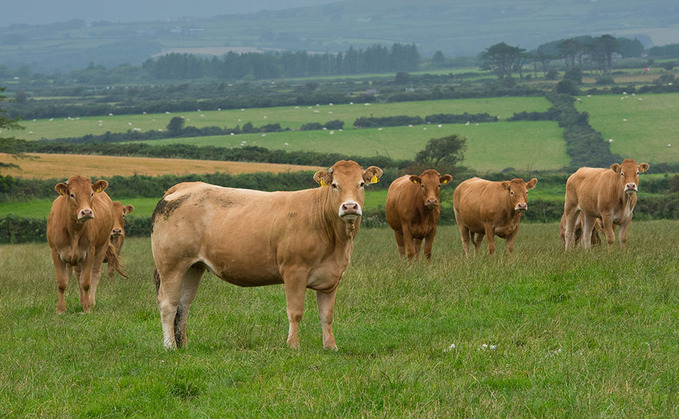
The Farming Innovation Programme has been set up by Defra to bring farmers and researchers closer together. Abi Kay explores the funding on offer. Two new opportunities for farmers to apply for Defra...

The Farming Innovation Programme has been set up by Defra to bring farmers and researchers closer together. Abi Kay explores the funding on offer. Two new opportunities for farmers to apply for Defra...